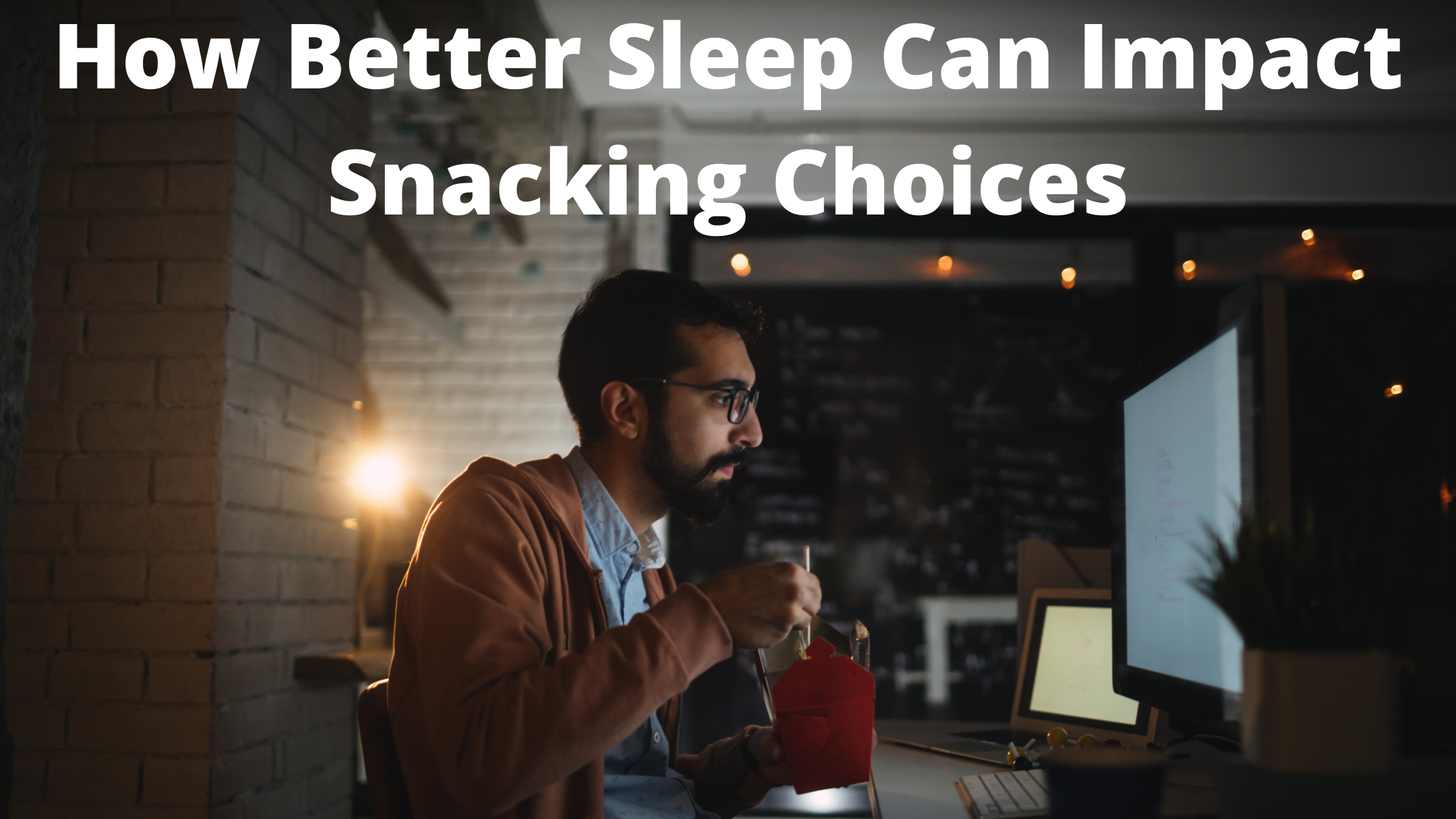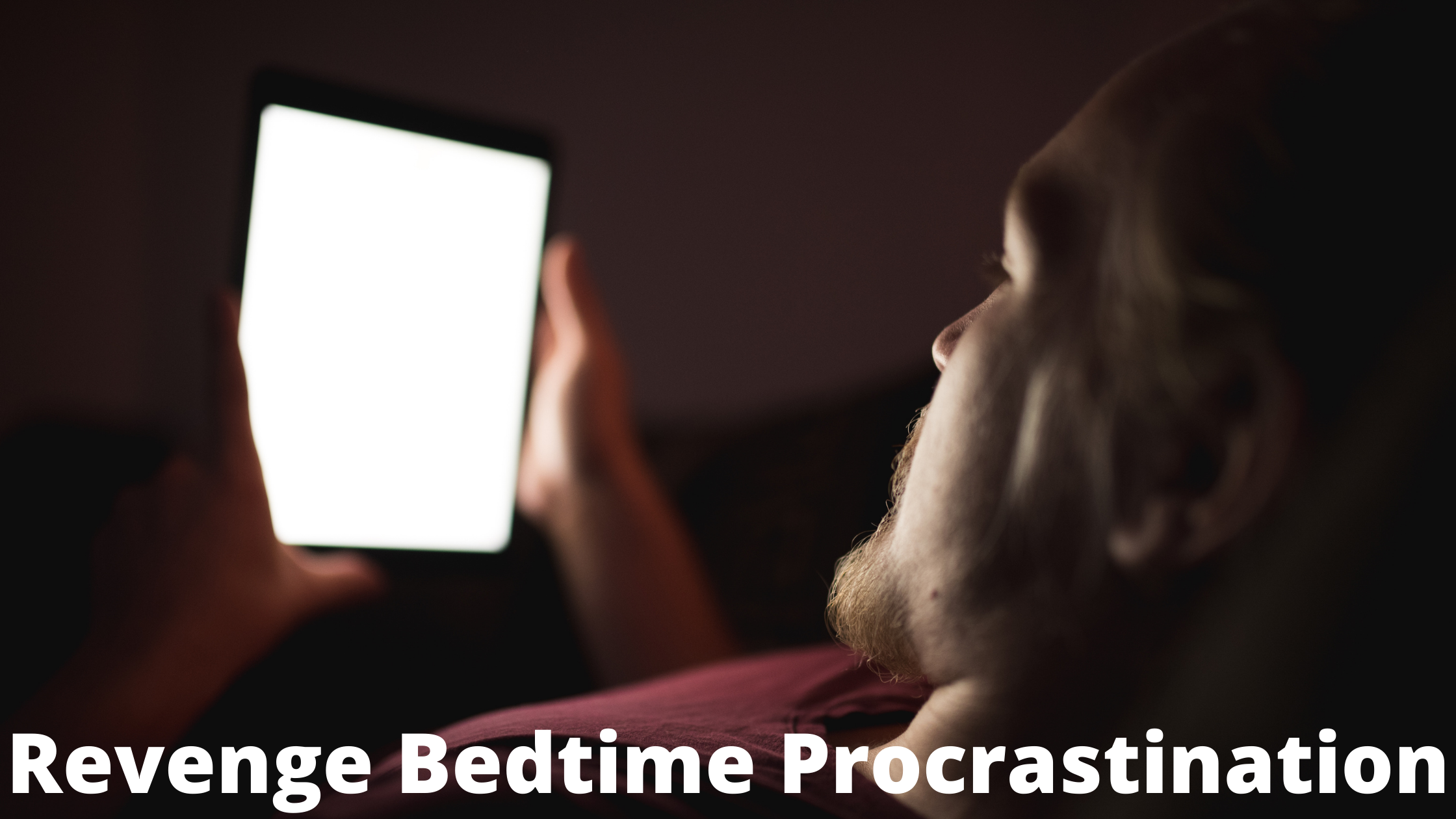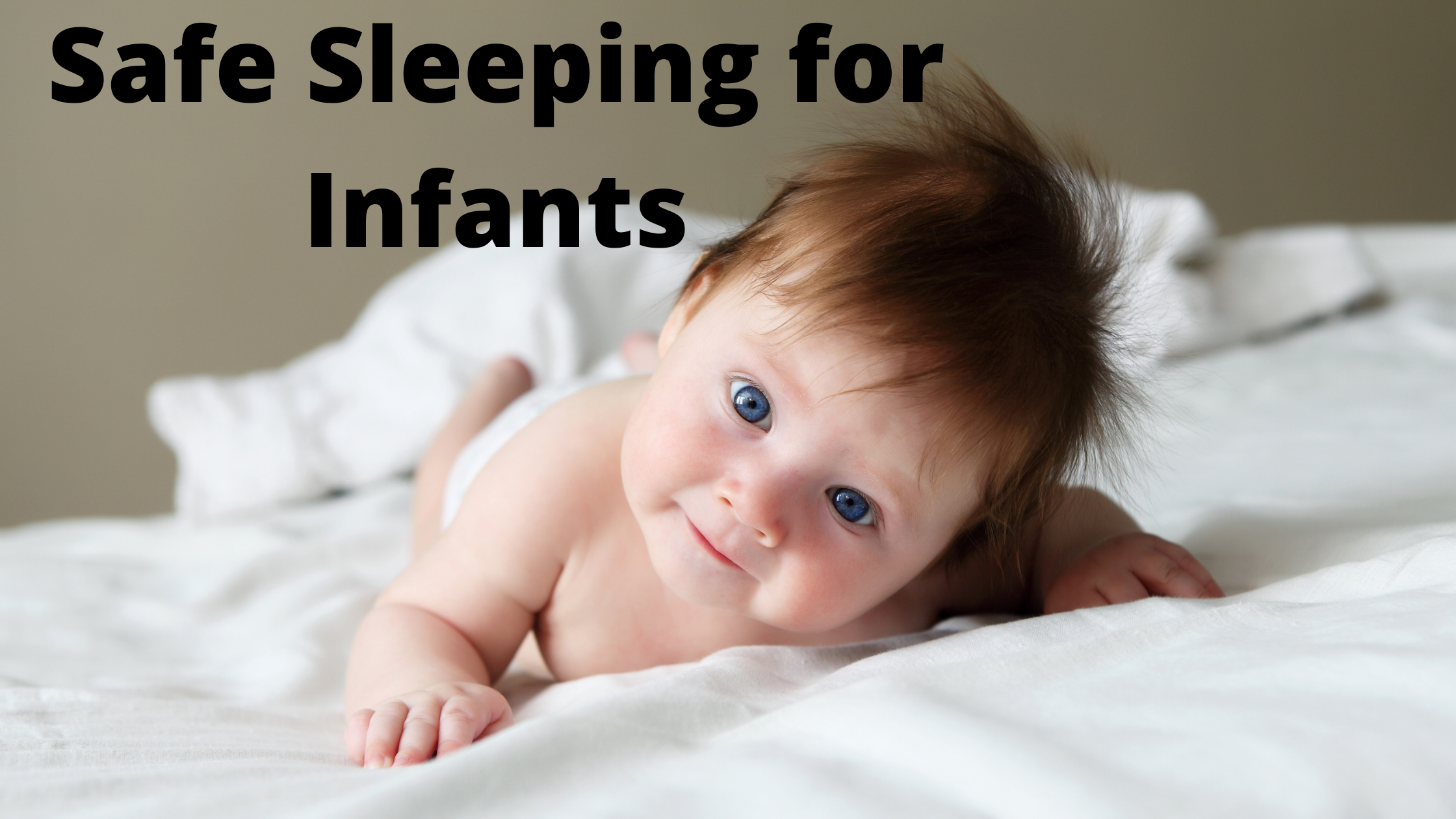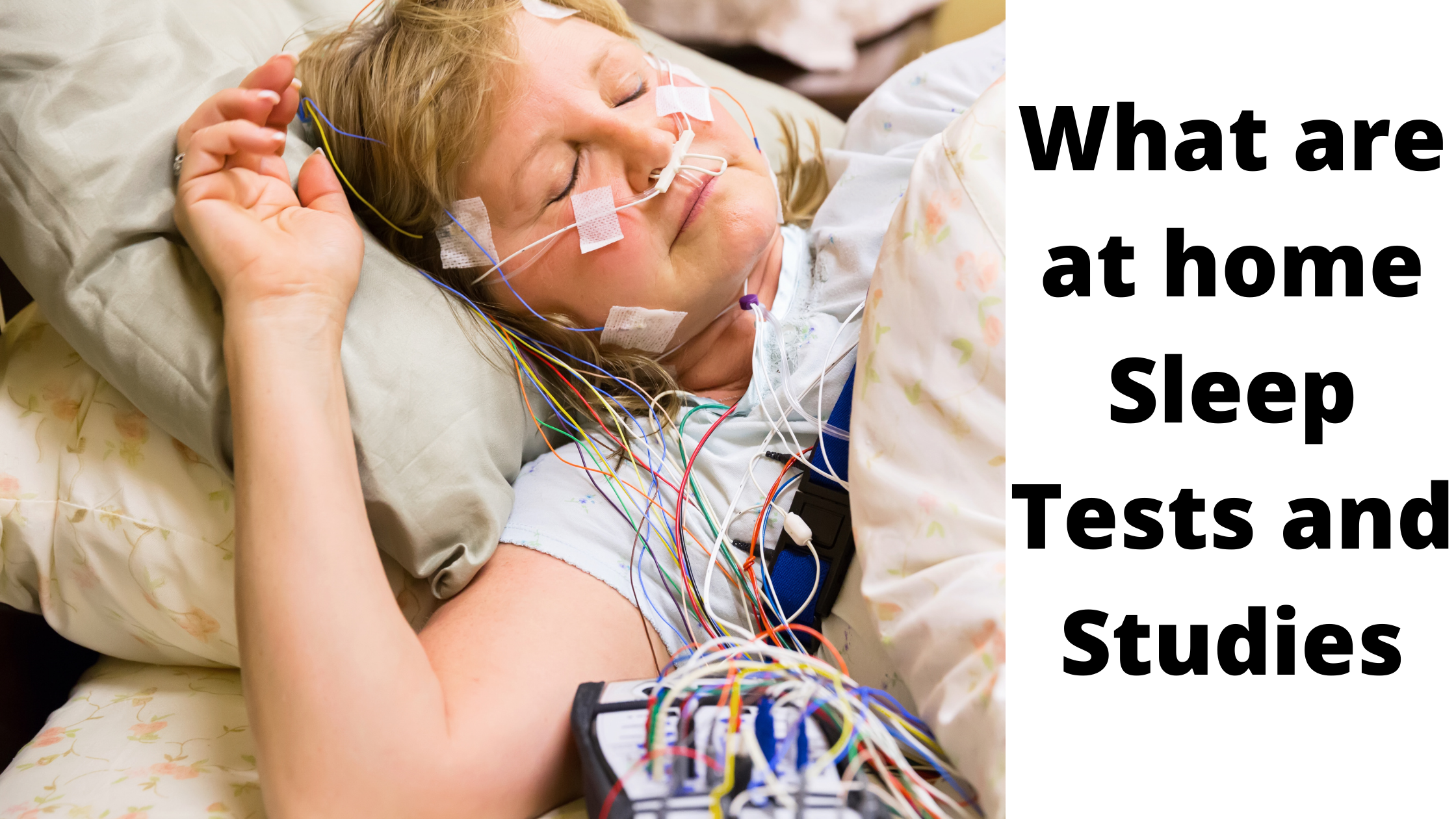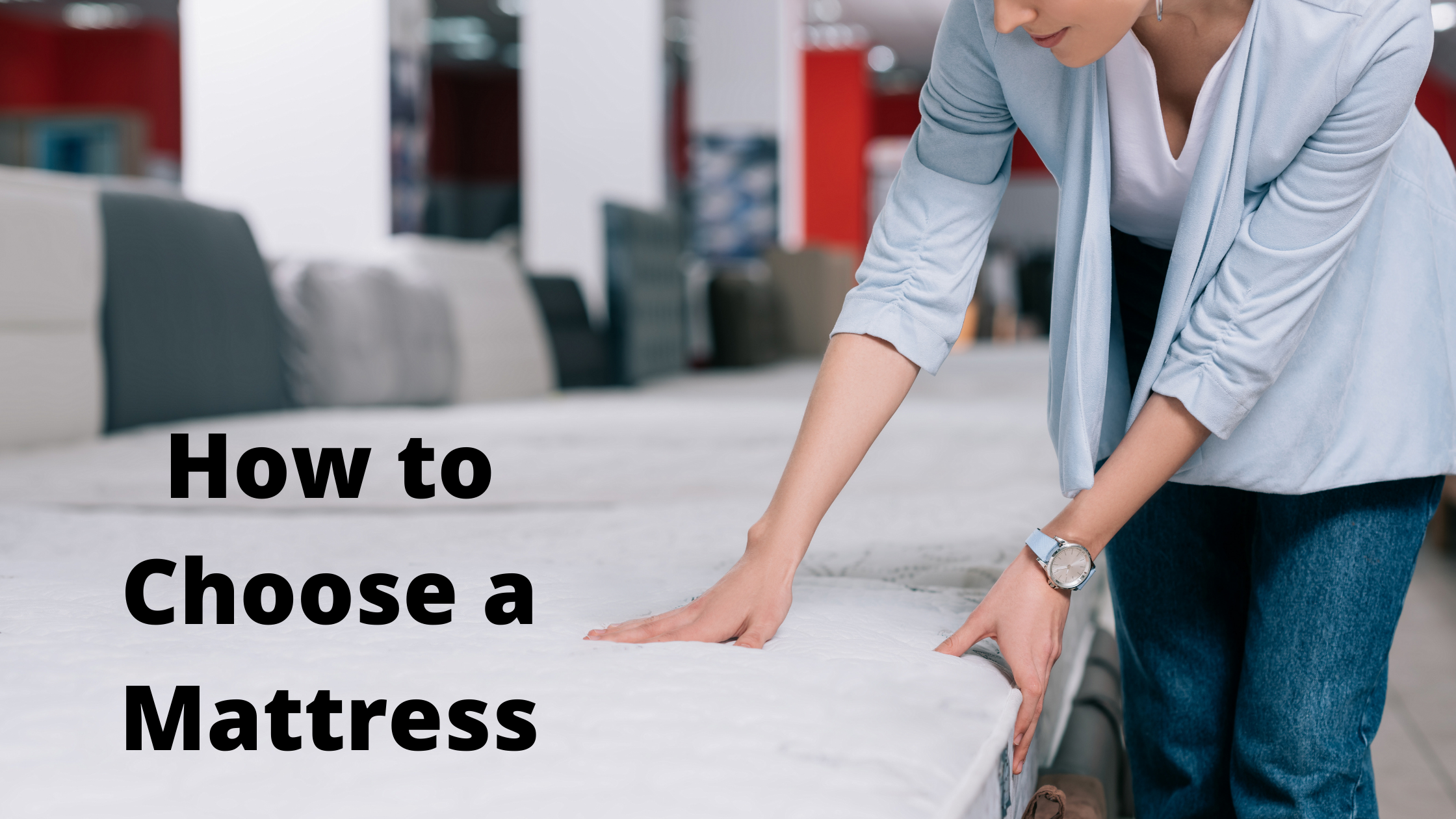Late-night snacking is a common kryptonite for many individuals who struggle with their weight and insomnia. If you have sleep troubles, then you may find yourself in the kitchen, snacking more than you would like to. However, sleeping better may eliminate some of these late-night cravings, and you may be able to better control some of those late-night cravings.
Darian Dozier
Recent Posts
How Better Sleep Can Impact Late Night Snacking Decisions
Your sleeping environment truly determines what kind of rest you get. The mattress, sheets, temperature, lighting, and sound are all parts of the environment that stand out, but what about the air quality? That can be a part of the environment that almost seems invisible, but can have enormous effects on our health. One of the aspects of air quality that can truly affect us is the presence of mold. The unfortunate part about mold is that you don't see it until you do. But by then, it could have already caused many problems. Continue reading to find out more about mold in the bedroom and what you can do.
Do you find yourself staying up way past your bedtime because you feel like that's the only time you can do what you want to do? Whether it's reading that one book or finishing a TV show, you have the option to go to bed, but decide to stay up doing these activities. What does this lead to? Trouble getting up in the morning, a groggy day, just to do it all again the next night. This is referred to as Revenge Bedtime Procrastination, and we're going to talk more about it, as well as its effects on your sleep and how you can avoid doing this in the future.
Learning a new language can be fun, but also very intimidating, especially the older we are. When we are younger, our brains soak up everything, which makes it the most optimal time to learn a new language. However, sometimes we don't see the value in picking up this new skill until we're older. Can sleep help with learning a new language? Continue reading to find out how sleep can impact your learning capabilities and if you'll wake up singing a French tune after playing French music during the night.
Infants require the most sleep out of anyone, sleeping on average 14-17 hours. Some even reach as many as 18 or 19 hours a day, waking up every couple of hours to eat. As much as they sleep and as small and fragile as their bodies are, this puts infants at higher risk for SIDS - sudden infant death syndrome. It's important that you are aware of what safe sleeping looks like for infants and how you can make sure that your baby gets as much sleep as they need while maintaining optimal safety.
Sleep studies normally consist of coming into a lab and having physicians and other sleep professionals watch you sleep for the night. They take various measurements to identify any potential sleep disorders. When you wake up in the morning, they normally have a lot of data to go through to determine what it is that may be causing you trouble getting to sleep.
However, for mobility, financial, or feasibility issues, in-lab sleep tests may not be available for everyone. For those who may not be able to spend the night in a lab, at-home sleep tests may be a better option, and it's important that you are aware of what your options are. Continue reading to find out more about sleep tests you can perform at home.
A truly restful bedroom is more than just a place to put your bed and pillows—it should be a sanctuary designed to foster peace and relaxation. Creating this kind of space doesn’t require extravagant features like fountains or windchimes. It can be tailored to your budget, preferences, and time constraints. What matters most is that your bedroom evokes a sense of calm. Read on to discover how you can design the perfect environment for a restful night’s sleep.
Humidity is the concentration of water vapor in the air. The level of humidity in your home can impact many aspects of your personal health. Studies have found that both high humidity and low humidity can be problematic for various reasons.
Humidity can also impact sleep. High humidity can interfere with your sleep cycle and important processes that occur during crucial sleep stages. Additionally, humid climates are associated with higher concentrations of allergens that trigger adverse reactions and disrupt sleep for some people. Maintaining healthy humidity levels in your home can increase your comfort and quality of sleep.
Choosing a mattress is very important for ensuring you get a good night's sleep. However, it can be so intimidating, and the last thing you want to do is make an expensive mistake. Here is a short guide on some things to consider when looking at how to choose a mattress.
Carbonated drinks are heavily consumed throughout the US. Whether you know them as pop, soda, Coke, or another name, carbonated drinks are consumed at a high daily rate by American youth and adults. Soft drinks are also the most common source of added sugar in the average American diet. They are very popular, despite their link to a myriad of health problems, including weight gain, obesity, type 2 diabetes, and heart, liver, and kidney disease.
Soda can also negatively impact sleep. Continue reading to find out more about how these drinks can delay the necessary hours of precious sleep.

